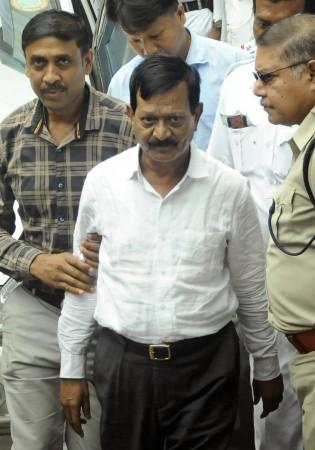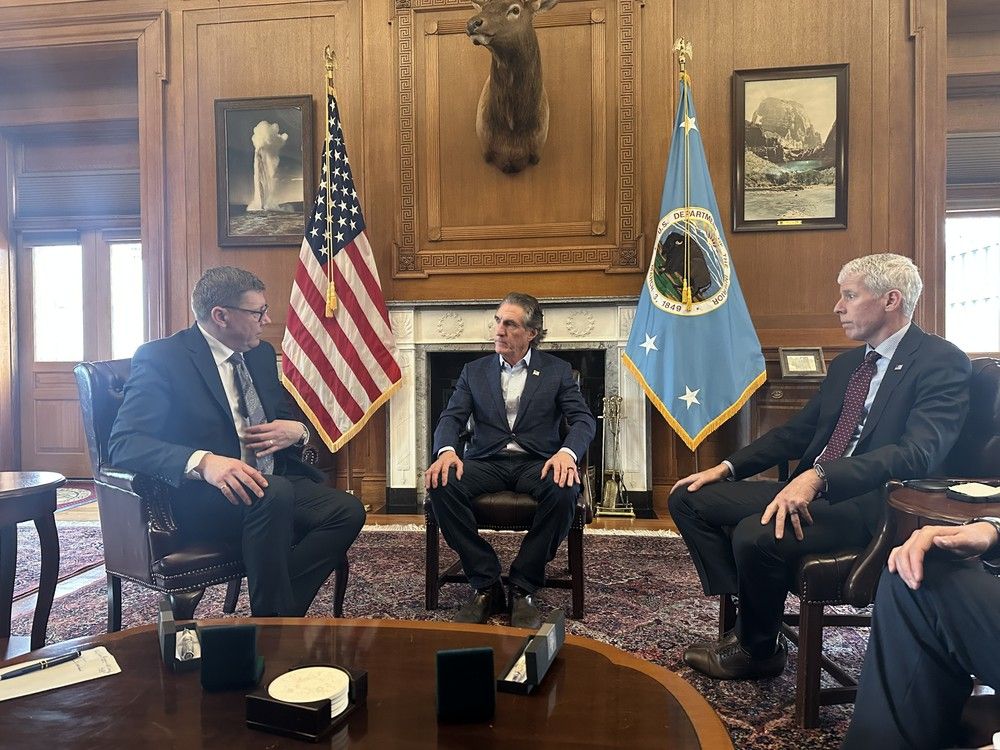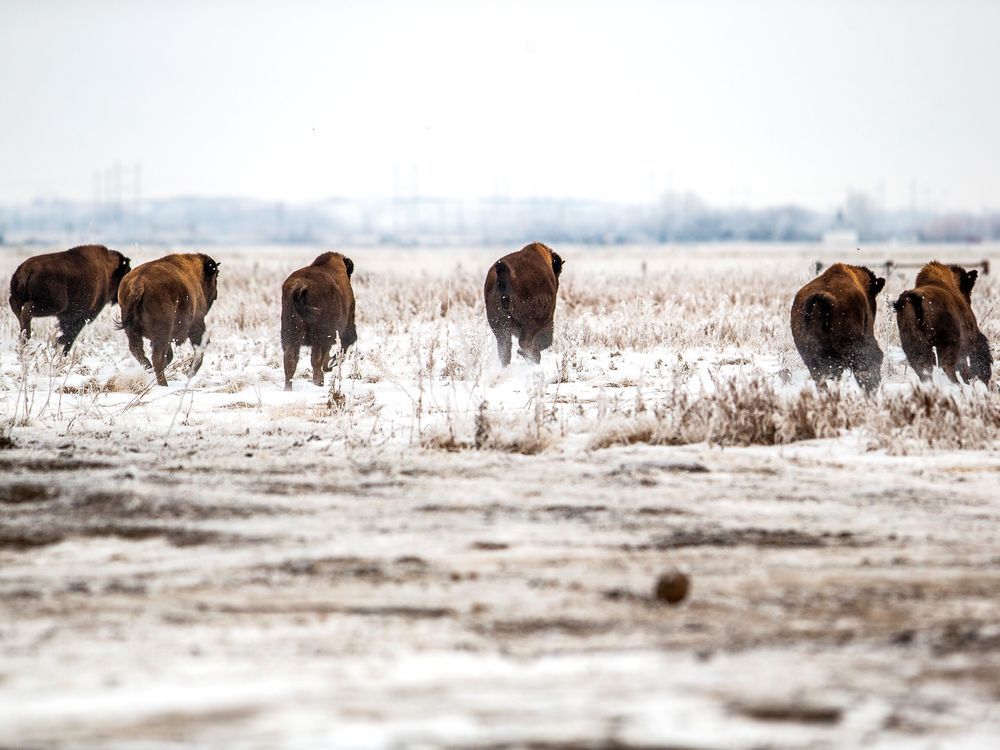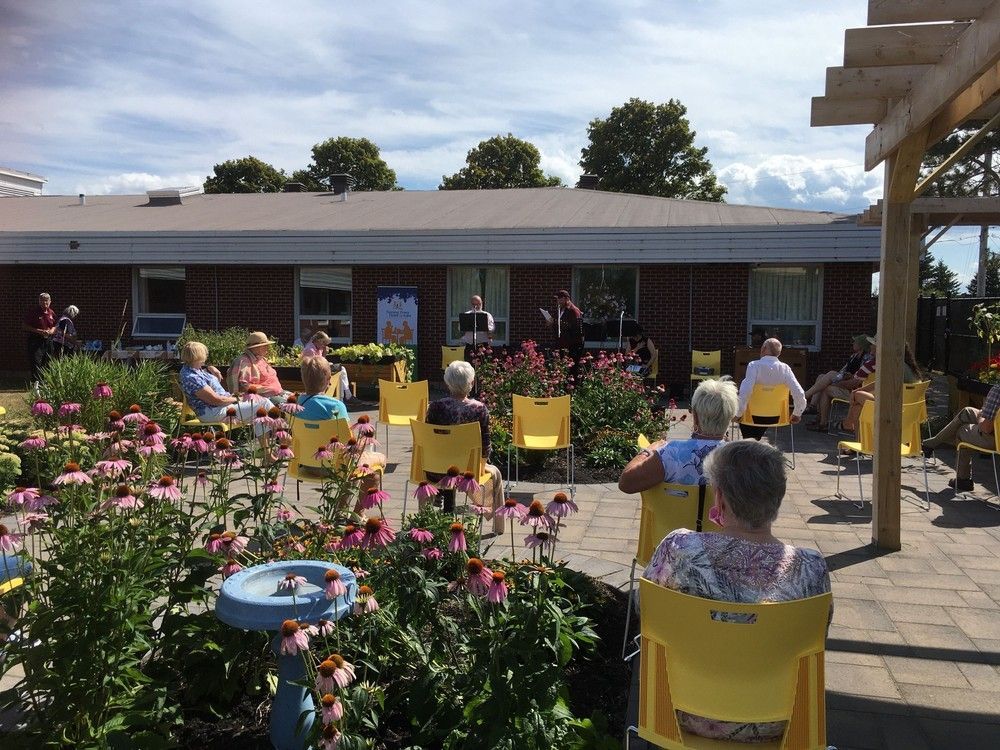
By Junie Joseph and Jim Mittelman Black History Month is a promising time to reflect on Boulder’s progress toward achieving racial equity. It also presents an opportunity to engage in dialogue about the challenges ahead and how we can work together to meet them. As we reflect on Boulder’s history, it is crucial to acknowledge the impact of exclusionary and discriminatory practices, such as redlining and zoning, which are documented in the film “This is (Not) Who We Are” and the Museum of Boulder’s exhibit “Proclaiming Colorado’s Black History.
” These historical practices have contributed to shaping the current lived experiences of Black residents in the city. Despite Boulder’s Black population being small — approximately 1.1% of the city’s total population — persistent challenges such as economic disparities, disproportionate homeownership and unequal access to services continue to affect the Black community.

These challenges are the direct result of systemic racial prejudice and inequities. Consequently, Black residents are underrepresented in key professional fields and face deeply entrenched barriers to advancement. Given this context, much work remains to be done.
The benefits of historical privilege still structure many aspects of society, contributing to ongoing disparities. However, Boulder has already taken significant steps toward addressing racial inequity. One such step is the City Council’s passage of Resolution 1275 in 2019, which commits the city to promoting racial equity and ensuring that diverse voices are represented in decision-making processes.
Additionally, local organizations, including the NAACP Boulder County, CU Boulder and Boulder Valley School District, have made strides in raising awareness of biases and discriminatory practices while supporting marginalized communities. These efforts have laid the foundation for a more inclusive future, but we must build on them with even deeper commitment and greater action. We suggest focusing on three key areas to continue advancing racial equity in Boulder: Engage in electoral politics One of the most powerful ways to influence change is by voting for representatives who are dedicated to addressing racial bias across society.
Boulder can reduce disparities and build trust within the community by electing forward-thinking leaders. Strengthening community oversight, improving training and fostering accountability should be among the top priorities in the pursuit of racial equity. Support civil society organizations Building on the foundational work of the Civil Rights Movement, various social justice groups continue to play critical roles in advocating for meaningful change.
Additionally, many faith-based institutions, labor unions, environmental activists, and advocates for peace and women’s rights are working toward racial equity. Supporting these organizations will help amplify efforts that push for structural change. Explore restorative and reparative justice The issue of reparations is multifaceted and complex, and it remains unclear whether specific material measures — perhaps housing grants — are the best course of action.
Nonetheless, the pursuit of justice is not only about material compensation but also about restorative efforts that recognize the contributions of marginalized communities. Boulder has already made progress in this area. For example, renaming the Municipal Building to honor former Mayor Penfield Tate II, Boulder’s only Black mayor, serves as a symbolic gesture with an educational purpose.
Additionally, historic preservation efforts, such as recognizing the role of Black families that helped pioneer living in Boulder, contribute to a more inclusive narrative of our shared history. While these actions represent important initial steps, a broader conversation about reparative justice will require continued reflection and community dialogue. Although national policies on diversity, equity and inclusion may be moving in a different direction, Boulder must remain committed to fostering equality and justice at the local level.
Structural change requires resilience, fortitude and collaboration. By working together, Boulder can build a more equitable future for all its residents. Junie Joseph is Colorado House District 10 Representative and Secretary of the Democratic Black Caucus.
Jim Mittelman, a Boulder resident and Camera columnist, is an educator, activist, and author. His newest book is titled “Runaway Capitalism: The Greatest Pandemic” (due out in early 2026)..















